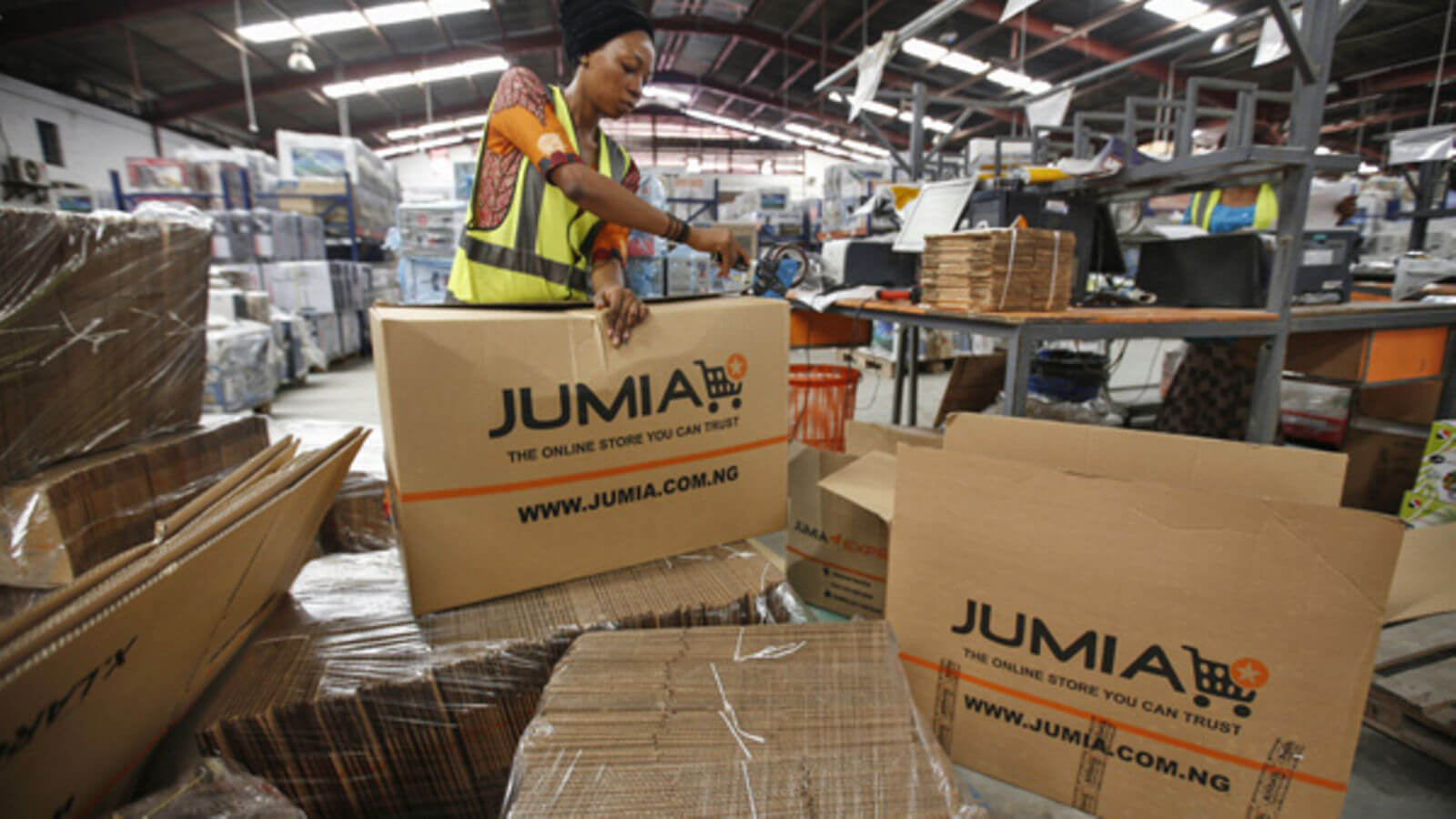Kampala, (UG): Once dubbed to be Africa’s next Amazon, Jumia, a pan-African online marketplace is is headed for a significant turbulent after losing over one million active customers and orders dropping by up to three million in under one year.
Basing on Jumia’s second quarter (2023) results shared last week, the online shopping platform recorded a 15% decline in revenue, with customer orders drastically reducing by 37% compared to the same period in 2022, and active clients are down 28%.
The metrics show that Jumia realised just 6.5 million orders in the second quarter this year, compared to 10.3 million in the same quarter last year.
Relatedly, the number of active users on Jumia also decreased by one million, from 3.4 million in Q2 2022 to 2.4 million in Q2 2023.
The company says these metrics resulted in the gross market value of items sold on the platform declining 25.1%, from $271.1 million in Q2 2022 to $202.3 million in Q2 2023.
Investors reacted apprehensively, leading its share to close at a 17% low last Tuesday.
The developments have raised concerns about the viability of the e-commerce platform in Africa as the continent struggles to recover from the economic effects of the COVID-19 pandemic.
Jumia CEO speaks out
While the e-commerce platform has lost $2 billion since its beginning in 2012, The CEO of Jumia Group, Mr Francis Dufay stated that the company is making headway in lowering losses.
“Q2 2023 was the fourth consecutive quarter of loss reduction on a year-over-year basis, with a material acceleration in the base of loss reduction. In Q2 2023, we cut both adjusted EBITDA and operating losses by two-thirds, reaching the lowest levels in over four years,” said Dufay.
He added that amidst the challenges, Jumia has cut its operating expenses by almost half in Q2 2023, compared to Q2 2022. ”
“We are reaching record levels of efficiency, particularly in fulfilment and sales and advertising expenses, while improving our customer value proposition. And that’s a very important point.
What Experts say
Economic experts and analysts say reducing losses is significant if the company becomes profitable.
Tinashe Mukogo, a finance analyst, said the former unicorn has stopped growing and is facing challenges that could bring down one of the most hyped start-ups from Africa.
“Jumia’s stock price has crashed from $38.90 to $3.05 (+90% drop),’ said Tinashe.
“The shares issued in 2020–21 that raised $571 million would today raise less than $57 million, which wouldn’t last 6 months. Also, investors who had bought shares made big losses and were less likely to be interested,” he added.
“The first concern is the -15.4% decrease in revenue combined with an operating loss of $23 million. Usually, a company has a revenue or profit problem; Jumia has both. That’s like a football team that can’t score goals and also can’t defend.”
Tech Cabal reported that Jumia’s lower operational losses came from a massive reduction in sales and advertising spend.
“A significant reduction in its workforce also reduced its general and administrative expenses. While lowering costs is one part of the lever, increasing revenue is the second, and this is where Jumia fell short in Q2,” said the Tech media outlet.
Macroeconomic headwinds across many of its African markets have made business difficult.
Inflation in key markets like Nigeria, Ghana, and Egypt and currency devaluation continue to hinder growth; they contributed 14 basis points to the reduction in the company’s GMV.
The biggest challenge remains the slow growth of these economies and the decline of the purchasing power of citizens.
Tim Oluk, a Ugandan e-commerce enthusiast, says e-commerce in Uganda faced turbulence after the COVID-19 pandemic.
“The middle class, which used to shop online is now struggling to make ends meet as a result of tough economic times,” said Oluk, emphasising, “Only strong and resilient economies can facilitate the growth of e-commerce.”
Tinashe says Jumia has always made huge losses.
“What saved it in the past was the African growth story,” says Tinashe, adding, “Even in their 2019 IPO prospectus the word “growth” appeared over 100 times e.g. in one section alone, Jumia mentions growth 10 times (yellow highlights).”
It remains to be seen if Jumia can be profitable despite the economic terrain.
If you would like your article/opinion to be published on Uganda’s most authoritative news platform, send your submission on: [email protected]. You can also follow DailyExpress on WhatsApp and on Twitter (X) for realtime updates.



